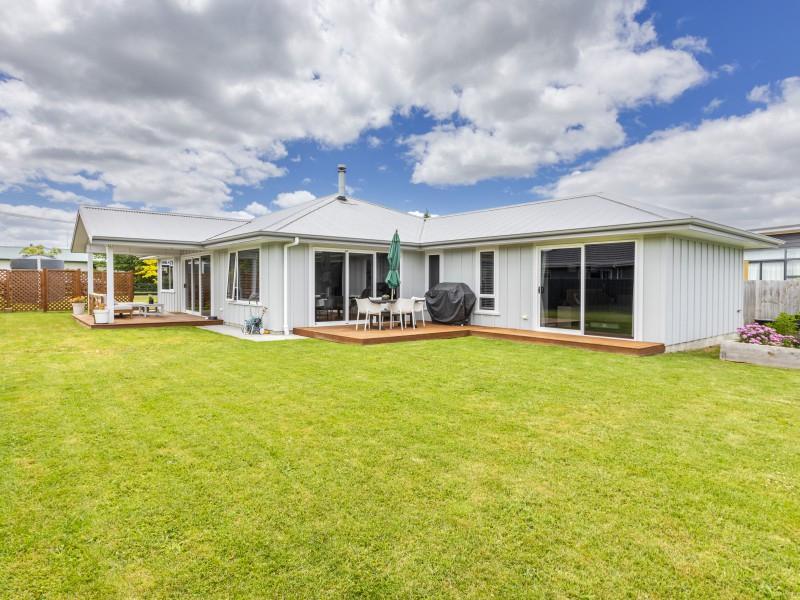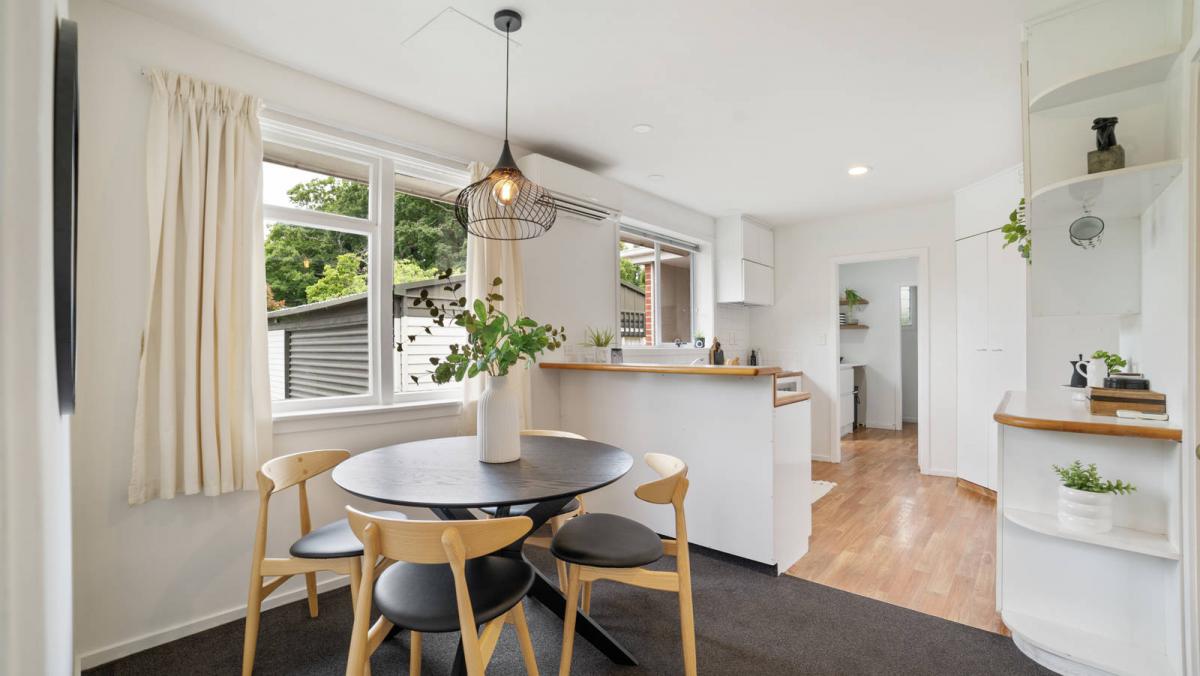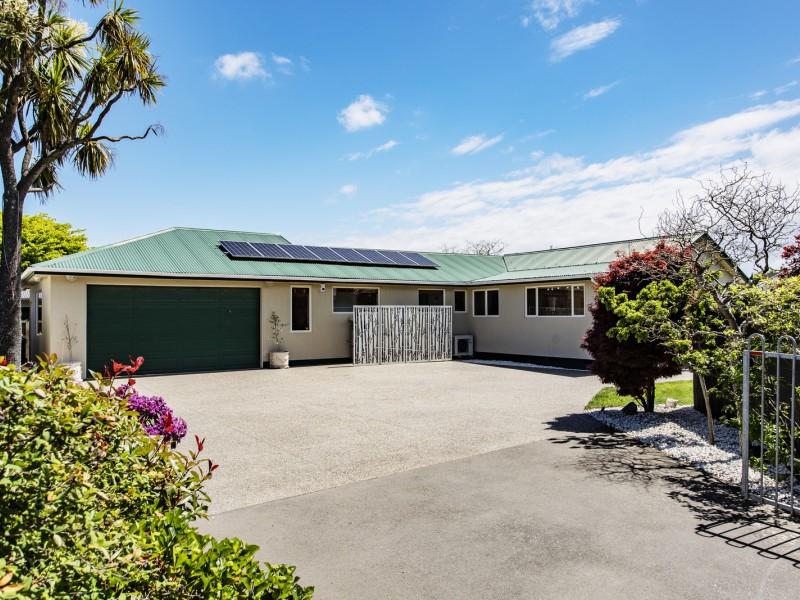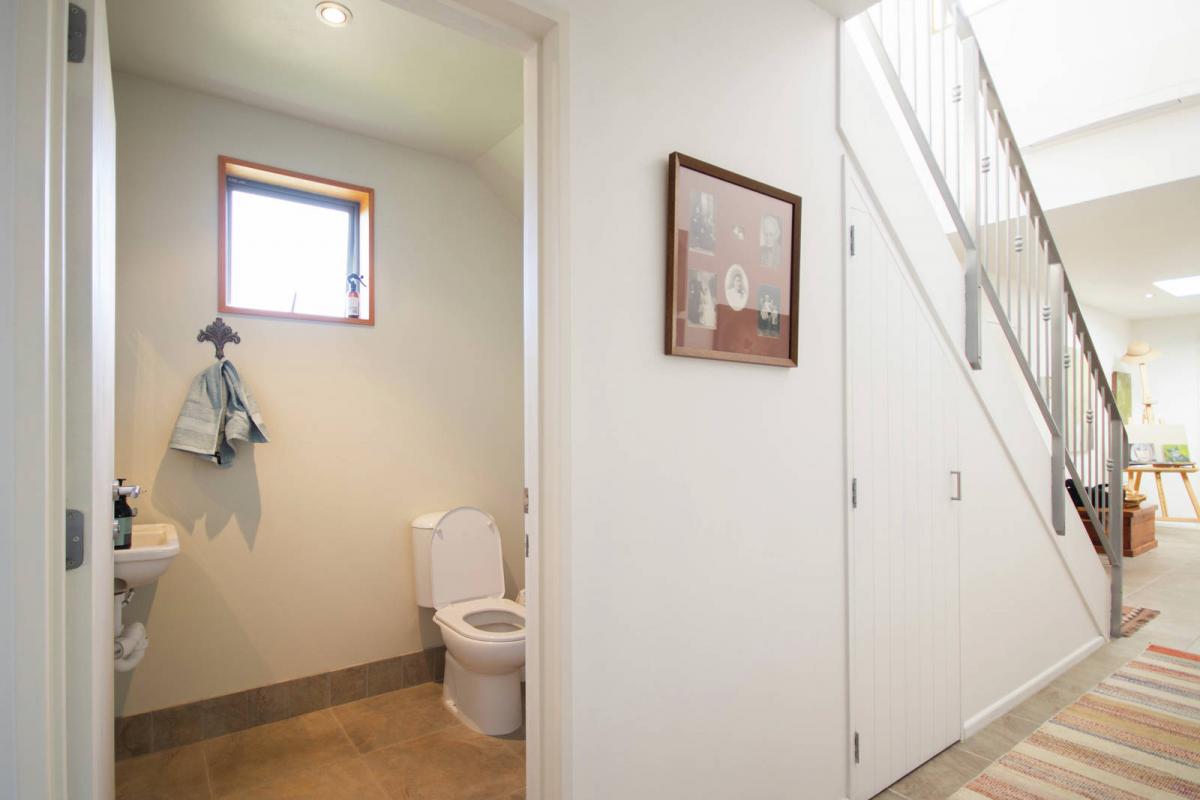Covid-19: What a move to alert level 4 means for New Zealand
All of New Zealand will move to alert level 4 at 11.59pm after a new community Covid-19 case emerged in Auckland.
New Zealand will initially spend three days at alert level 4, except for Auckland and the Coromandel, which will remain at level 4 for seven days at this stage.
What are the rules at alert level 4?
Staying at home
People are asked to stay at home, unless they are undertaking essential travel to the supermarket or dairy, seeking necessary medical care or being tested for Covid-19, or to get physical exercise in their neighbourhood.
Unnecessary trips outdoors have spread the variant overseas, Prime Minister Jacinda Ardern said.
She advised people to wear a mask when leaving the house, and stay 2 metres away from others. “Stay local, do not congregate. Don't talk to your neighbours.”
Schools, workplaces and business
Businesses will be closed, except for essential services such as supermarkets, pharmacies, health clinics, petrol stations and lifeline utilities.
Only essential workers are permitted to go to work, others must work from home.
Schools and universities will shut down, and travel is severely limited.
Events and recreation
All gatherings are cancelled at alert level 4.
All public venues, including libraries, pools, leisure centres, gyms, early childcare centres, community venues and playgrounds are closed. Some public toilets will remain open.
Many large events have been canned.
Staying in your bubble
Once you go into a bubble you must stay in it, Ardern said.
If you are completely isolated, or you live alone, you can join a bubble with one other person.
Households are advised to nominate just one person to go shopping, and “always act like you have Covid-19”.
Travelling home
There is a grace period of 48 hours for people who are away from home to return home, if they cannot shelter safely in place. After this time, movement between regions will be restricted.
Covid-19 jabs
Covid-19 vaccinations will be suspended for 48 hours to ensure they can be carried out safely.
Read more here.
Worst Xmas ever?
There's a a lot of planning that goes into Christmas day and sometimes things just don't go to plan. But it can be a good thing - a family mishap or hilarious memory that you can laugh about in Christmases to come.
Whether you burnt the dinner or were stranded at an airport...
Share your Christmas mishaps below!

⚠️ DOGS DIE IN HOT CARS. If you love them, don't leave them. ⚠️
It's a message we share time and time again, and this year, we're calling on you to help us spread that message further.
Did you know that calls to SPCA about dogs left inside hot cars made up a whopping 11% of all welfare calls last summer? This is a completely preventable issue, and one which is causing hundreds of dogs (often loved pets) to suffer.
Here are some quick facts to share with the dog owners in your life:
👉 The temperature inside a car can heat to over 50°C in less than 15 minutes.
👉 Parking in the shade and cracking windows does little to help on a warm day. Dogs rely on panting to keep cool, which they can't do in a hot car.
👉 This puts dogs at a high risk of heatstroke - a serious condition for dogs, with a mortality rate between 39%-50%.
👉 It is an offence under the Animal Welfare Act to leave a dog in a hot vehicle if they are showing signs of heat stress. You can be fined, and prosecuted.
SPCA has created downloadable resources to help you spread the message even further. Posters, a flyer, and a social media tile can be downloaded from our website here: www.spca.nz...
We encourage you to use these - and ask your local businesses to display the posters if they can. Flyers can be kept in your car and handed out as needed.
This is a community problem, and one we cannot solve alone. Help us to prevent more tragedies this summer by sharing this post.
On behalf of the animals - thank you ❤️

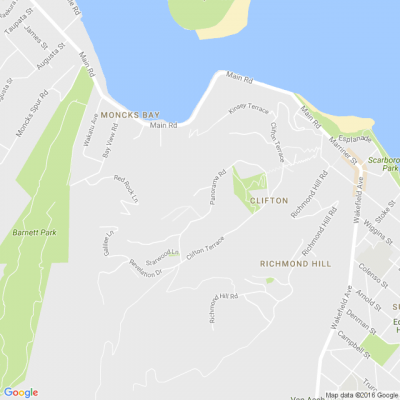
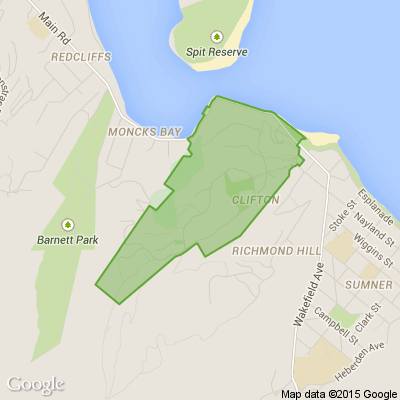





 Loading…
Loading…








